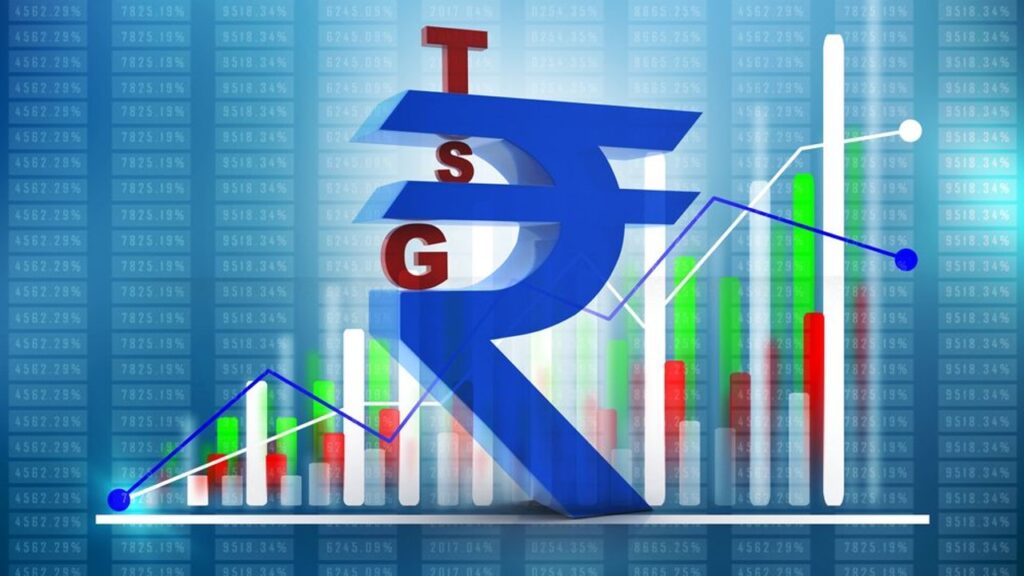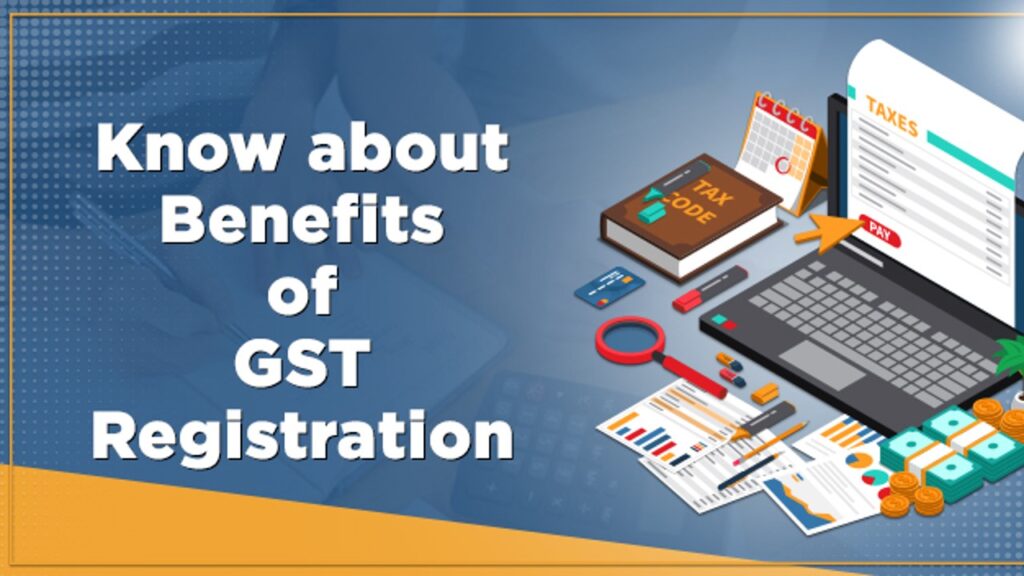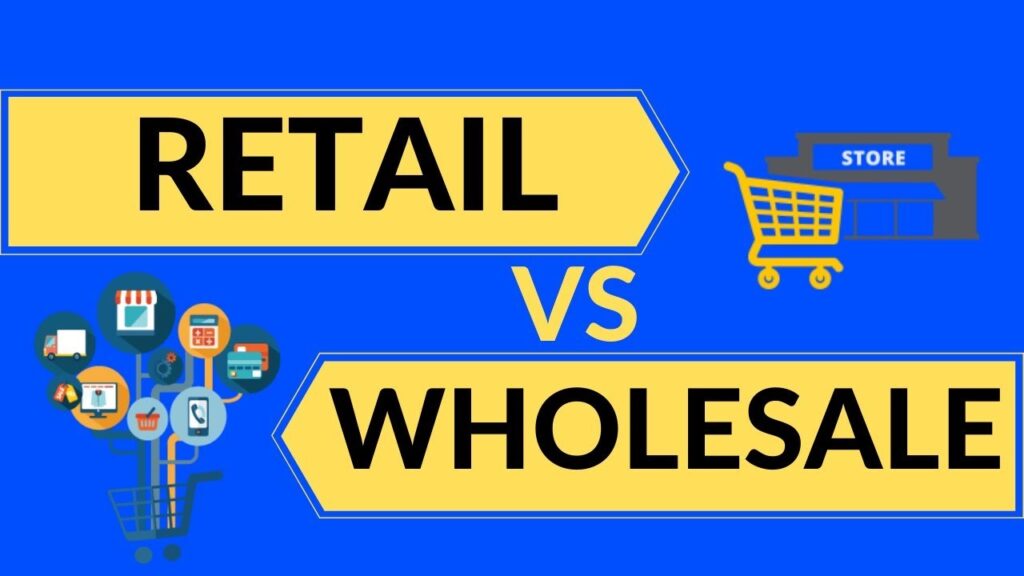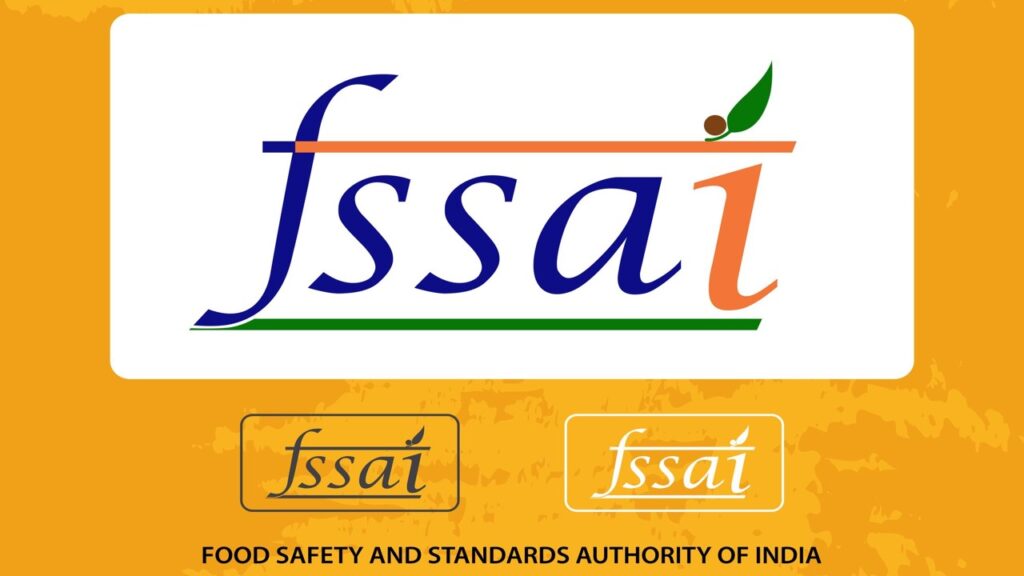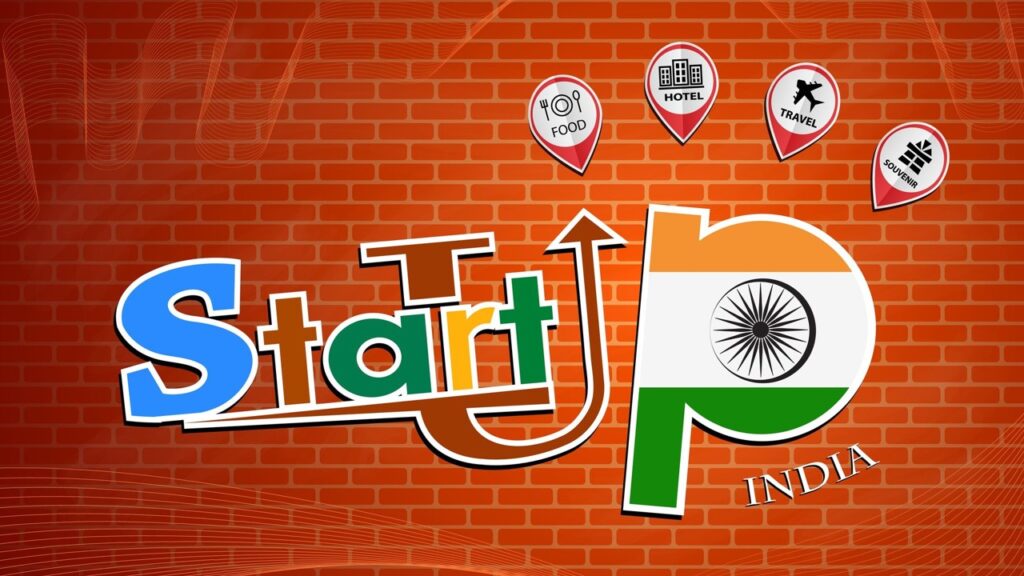After the implementation of GST, tax compliance is a major challenge before both the accountant and the taxpayer, such as filing of multiple tax returns, processing of input refunds and issuing compliance challans. These invoices are required to keep records of various taxes under HSN/SAC codes, recipient and supplier’s GSTIN, GST, GST rates etc. and keep track of the notifications and notifications passed by the GST Council.
So having such a simple process increases the complexity which in turn becomes a big problem for both the accountants and the taxpayers to file the return on time. Therefore, there is no delay in payment and also to be fully GST compliant and to file returns on time, traders or businessmen can use GST accounting software.
Contents
GST Software – Requirements, Advantages and Disadvantages
A good software is beneficial for accountants, taxpayers, professionals and businessmen. They can easily generate invoices using this, make it easy to file GST returns and prepare GST reports and manage accounting data. From this article, we will tell what should be in a GST software and is it beneficial or harmful for the business. Let’s know-
What are the features of GST software?
1. GST Invoice
Prepare and give GST as per GST invoices to the GST registered taxpayers. In which:
- The GSTIN number should be that of the recipient and the supplier.
- HSN/SAC code included.
- Include various taxes CGST, SGST, IGST, UTGST which come under GST.
- Evaluate GST rates correctly.
GST software having such features not only saves time and effort but also reduces errors by filling in the fields in the fields. This billing software generates invoices within minutes for professionals, accountants and taxpayers. The merchant using the software or whoever takes its help can use the invoice template already built in the software or there is a facility to create a new template according to him.
On the other hand, regular taxpayers should be able to receive information on challans viewed or paid by the recipient, apart from paying dues, scheduling challans and sending reminders. And it should have cloud storage so that merchants, taxpayers or professionals can generate and send invoices anytime, anywhere. These features enable the taxpayer to make timely payments.

2. GST Report
As per the GST amendment, the registered traders are required to file monthly, quarterly and annual tax returns according to their respective turnover, for this they should maintain the format provided by GST.
For example, taxpayers have to enter details of outward supplies in GSTR-1 and prepare a summary report in GSTR-3B every month. Similarly, taxpayers liable to deduct TDS have to file return in Form GSTR-7 every month and normal taxpayers have to file annual return in GSTR-9. For this, there should be a feature in the GST software so that the taxpayer can easily generate the report and import the details from the excel sheet and generate the GST report.
3. ITC Match / Mismatch Report
The GST amendment allows the taxpayer to claim ITC (Input Tax Credit) if the supplier/trader files periodic tax returns. Hence ITC should be able to calculate correct Input Tax Credit by tallying/matching non-matching reports. Generation of this report will enable the merchant to tally the purchase with the supplier invoice uploaded on the GST portal. With this, the taxpayer can reconcile and take further action.
4. Cloud Technology
A good GST software should have cloud storage technology so that taxpayers, accountants or professionals can view it anywhere and perform any process from anywhere at any time. Features of cloud technology
- track expense
- Create customized GST Invoices
- Generate GST and Accounts reports
- Manage customer and vendor accounting data
- Get the overall status of the business anytime, anywhere and from any device.
Desktop software obliges the merchant taxpayer and professional desk but the cloud technology software saves time and cost due to the fact that it can be operated anywhere.
5. Calculation of Tax
The GST software can calculate the tax liability automatically by detecting the applicable GST rates of the taxpayer. Also, be able to correct the errors by calculating the tax payment of the taxpayers correctly.
Good GST software provides list of GST rates applicable under GST like CGST, SGST, UTGST, IGST and Cess. Further, on selecting the applicable GST rates from the drop down, the GST software automatically applies such rate on the taxable value of goods and services and calculates the amount of tax to be paid in respect of a particular tax invoice. Is.
Hence small business owners and tax professionals, who would otherwise have to manually calculate the amount of tax to be paid, will now be able to calculate the tax amount automatically with the help of GST software. This helps them to save time and avoid errors in tax calculation and determination of tax amount accurately.
6. HSN/SAC Code Lookup
The GST regime classifies goods and services with the help of HSN/SAC codes. Therefore, it is mandatory for persons registered under GST to specify the relevant HSN/SAC code for the goods or services being supplied by them to the recipient of the tax invoice.
Finding the respective HSN/SAC code manually becomes really challenging as the taxpayer has to search the same on various government websites. It becomes quite cumbersome.
However, with the GST software at the disposal, taxpayers can easily look through the HSN/SAC code and select the relevant code based on the taxable goods and services being supplied by them.
7. Data Security
Data security is one of the important features which require good GST software. Customer and seller information is extremely valuable. There may be cases where such information is misused, resulting in loss of money, effort, time and loss of valuable business information.
Good GST software that has proper security standards helps taxpayers to get rid of such defects and ensure the highest level of security for their business and accounting information. Some of the important security features include password protected sign in, backup of accounting information, anti-virus protection, etc.
In addition, the GST software should be equipped with the highest standard encryption techniques that allows one to securely download banking information into its GST accounting software.
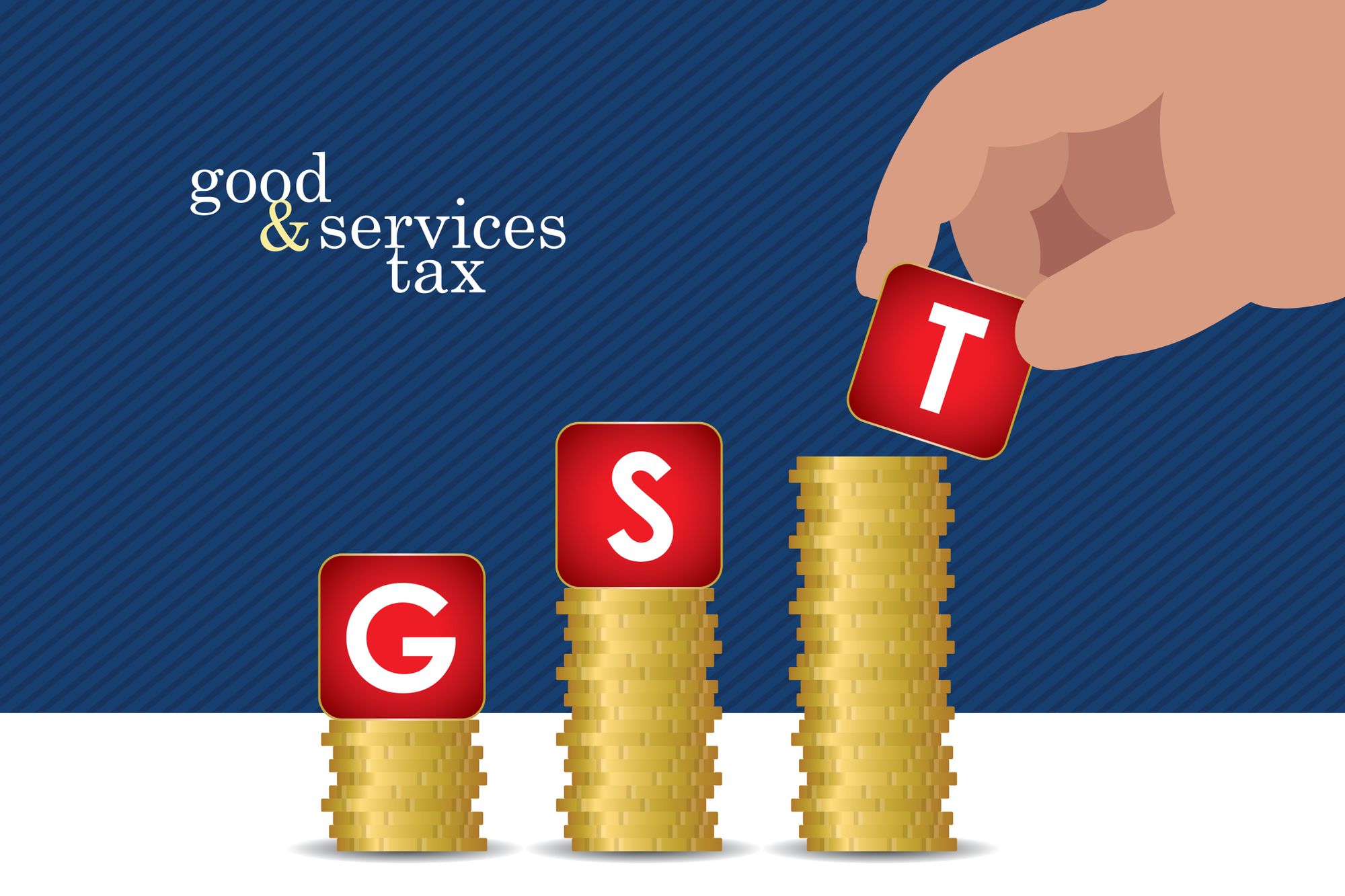
8. Cost Effective
Cost of GST software is another important factor to be considered while making a purchase decision regarding GST software. Online GST billing software is available at a relatively low subscription fee and provides access to either single or multiple users per license.
These licenses are based on the type of GST software that business owners and accounting professionals choose to purchase. On the other hand the desktop or offline version of the GST software is expensive. This may not be the ideal choice for a small business owner whose business is limited.
Hence, considering the nature and size of the business, business owners make a choice regarding the GST software that meets their business requirements.
9. Third Party Apps
Third party applications associated with GST accounting software make it a one stop destination to manage all your accounting and business information. A good number of third party applications integrated with GST software enable taxpayers to perform a variety of tasks like payroll management, inventory management etc. at one place.
While a small number of third party apps are integrated into the GST software, taxpayers and tax professionals have to use multiple software applications for a wide range of tasks.
It splits accounting and business data between different software applications, thus making accounting information a challenge to track and manage.
10. Customer Support
Under the GST regime, taxpayers are required to enter a number of forms for bogus returns, claiming refunds, etc. Needless to say, given the complex nature of the GST system, there is heavy compliance on the part of the taxpayers that needs to be met.
Also, since GST is new to India, the government makes constant efforts to reform the GST law through amendments. This is done to simplify the GST structure and make it easy for all stakeholders.
In view of this, the GST software providers bring changes in the GST software from time to time. This leads to investments on the part of taxpayers and accounting professionals to adapt to changes.
Hence, an excellent customer support becomes indispensable. This is because it helps the taxpayers to understand the GST software and make the best possible use for its business needs.
An excellent customer support makes it easy for taxpayers and accounting professionals to learn about the various functionalities of the GST software. In addition, it helps them understand the ways in which it can help them solve their business and accounting needs.
Robust customer support includes 24*7 helpdesk which allows software users to speak to experts in case of issues. In addition, it may also include free resources like user manuals, e-books, articles and webinars etc. that help in further understanding of the GST software.
conclusion
If GST software fulfills all these criteria then definitely taking these software will prove beneficial for you. Its use is absolutely beneficial to save time and cost. Well, there are many software in the market but those who meet these criteria without wasting time. Other taxpayers who are using this type of software can also buy the software by taking their reference.
